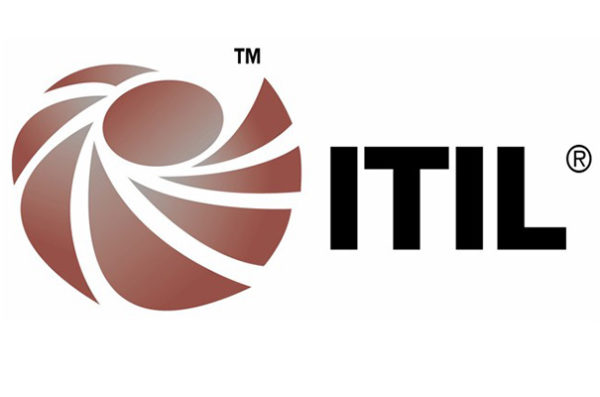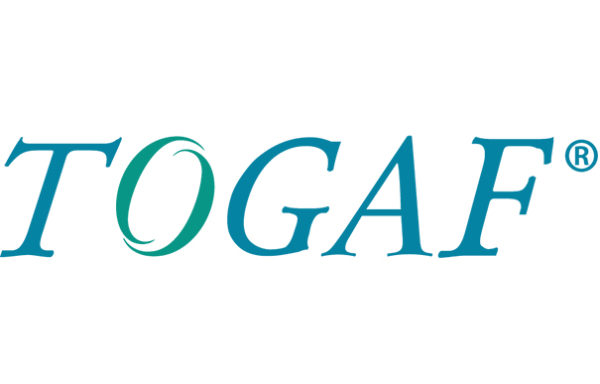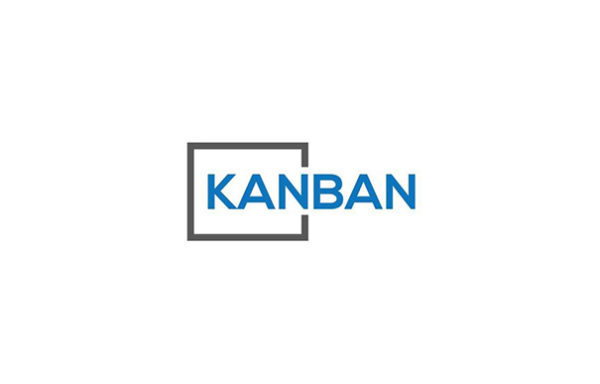ITIL® is comprised of five core publications: Service Strategy (SS), Service Design (SD), Service Transition (ST), Service Operations (SO) and Continual Service Improvement (CSI). It promotes alignment with the business as well as improvement in operational efficiency. The official ITIL® qualification scheme, owned by AXELOS, describes two streams, the Service Lifecycle Stream and the Service Capability stream: – The Service Lifecycle stream focuses on ITIL® practices within the Service Lifecycle context. The prime focus is the Lifecycle itself as well as the processes and practice elements used within it. – The Service Capability stream is for those who wish to obtain an in depth understanding of specific ITIL® processes and roles. The primary focus is on process activities, process execution and use throughout the IT Service Lifecycle. The ITIL® Intermediate Qualification: Continual Service Improvement (CSI) Certificate is a free-standing qualification, but is also part of the ITIL® Intermediate Lifecycle stream, and one of the modules that leads to the ITIL® Expert Certificate in IT Service Management. The purpose of this training module and the associated exam and certificate is, respectively, to impart, test, and validate the knowledge on industry practices in Service Management as documented in the ITIL® Continual Service Improvement publication.
Description
Durée : 28 heures
Modalités techniques d’évaluation : Évaluation des connaissances par QCM, évaluation des compétences au travers de travaux pratiques et de cas d’études. Contrôle de l’acquisition des connaissances et des compétences pendant la formation par le formateur.
Moyens pédagogiques : Apports théoriques réalisés en classe et complétés par de nombreux travaux pratiques permettent aux participants de disposer d’une expérience concrète. A l’issue des sessions magistrales, réalisation de cas d’études tutorés.
Objectifs pédagogiques
À l’issue de la formation, le participant sera en mesure de :
- Introduction to CSI
- CSI principles
- CSI process
- CSI methods and techniques
- Organizing for CSI
- Technology considerations
- Implementing CSI
- Challenges, critical success factors and risks
- In addition, the training for this certification should include examination preparation, and a
- mock examination opportunity.
Examen
Méthodes pédagogiques
Certification
COURSE INTRODUCTION
- Purpose, objectives and measurements of CSI
- The scope of CSI
- Activities that support CSI
- The value to business
- Continual Service Improvement Approach
- The business questions to CSI
- The context of CSI in the ITIL® Service Lifecycle
- Inputs and outputs of CSI
- The ITIL® Certification Scheme
CSI PRINCIPLES
- CSI and organizational change
- Ownership of CSI
- The CSI register
- CSI and Service Level Management
- CSI and Knowledge Management
- The Deming Cycle
- Service Measurement
- The seven step Improvement Process
- Governance
- Frameworks, models, standards and quality systems
PROCESSES
- The seven step Improvement Process
- Scope
- Value to the Business,
- Principles and basic concepts
- Triggers, Inputs, Outputs
- Interfaces with other processes and roles
- CSF’s and KPI’s
- Challenges
METHODS AND TECHNIQUES
- The Goal of CSI
- The PDCA Cycle
- Assessments
- Process maturity
- Benchmarking and CSI
- Service measurements
- Metrics (Balanced Scorecard)
- SWOT analysis
- Return on Investment
- Service reporting
- CSI and other SM Processes
TECHNOLOGY CONSIDERATIONS
- Tools that enable and support CSI activities
- IT Service Management Suites
- System and Network Management
- Event Management
- Automated Incident / Problem Resolution
- Performance Management
- Stastical Tool Analysis
- Project and Portfolio Management
- Financial Management Business Intelligence Reporting
IMPLEMENTING CSI
- Where to start
- Role of Governance in CSI
- Organizational Change and CSI (Kotter)
- Communications Strategy and Plan



